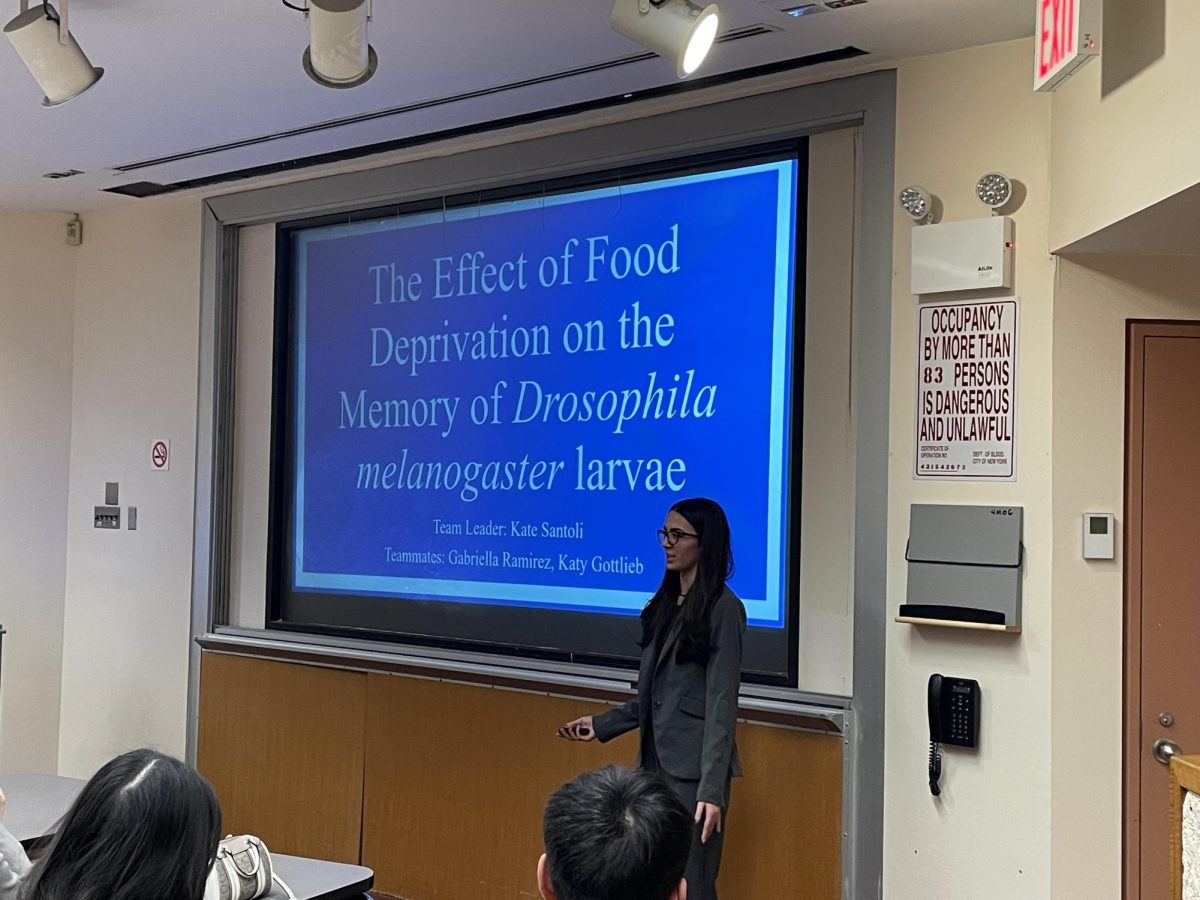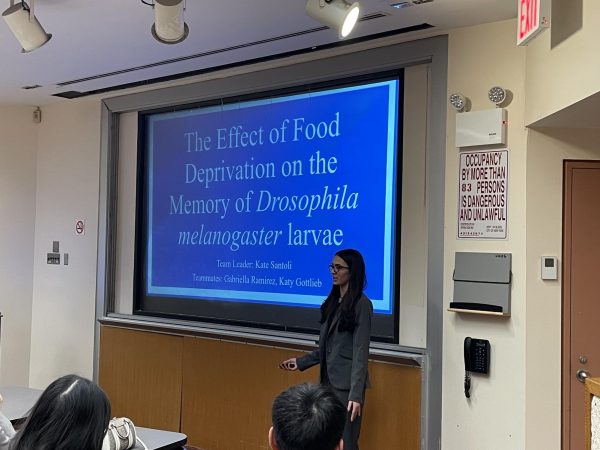“No Harm Done” Policy Implemented
Lynbrook initiates “No Harm Done” policy
Principal Joseph Rainis announced on Friday, October 20 the district’s new “Do No Harm” policy as it relates to Regents exams. This policy makes the customary 20% weighting of Regents exams toward a student’s average in the course become conditionally applied. Essentially, if one’s Regents exam grade lowers the final average he/she has in that class, then the Regents will not be counted, and the student’s final course grade will consist of 25% for each of the four quarters. Conversely, if the Regents mark would raise the final average achieved by a student, then it would be traditionally weighted as a “fifth quarter,” or 20%, along with the other four quarters. This announcement came on the heels of the October Board of Education meeting, where both parents and educators spoke out about this issue during the public comments section. Emotions for both sides ran high.
Since the New York State Department of Education (NYSED) introduced the Common Core a few years ago, both parents and educations have been critical of its ideology and execution. On the elementary and middle school levels, Long Island has been a hotbed and major proponent of the “Opt Out” movement, which means that a parent of a student in Grades 3-8 refuses to allow his or her child to participate in state assessments.
In June of 2017, NYSED admitted to errors in the June Geometry Regents, resulting in a regrading at the end of the summer. This regrading, coupled with the fact that many neighboring schools including Hewlett and Rockville Center have also announced changes in their grading policies, have forced the Lynbrook Board of Education and the high school administration to consider making changes.
Craig Kirchenberg, English teacher at LHS and president of the teachers’ union, said, “The issue about the Regent’s exam came up at the end of last school year. I, along with the other officers in the teacher’s association, asked a lot of questions and for a lot of data. I was on the committee along with a few other teachers–Kim Hermann, MJ LaMarca, Chris Pipia, Laurie Mitchell–and administrators. The committee’s recommendation was that Regents exams need to continue to have significant weight.” The committee’s recommendation was that Regents exams should count for at least 15% of a student’s final average in each course. Kirchenberg, Herrmann, and LaMarca spoke to this issue at the board meeting, saying that teachers and faculty are concerned that if the Regents exam has no effect on the final grade, there will be no incentive for students to study, resulting in a decrease in overall test scores for the school.
Amy Curley, a parent in the district, spoke at the board meeting in favor of a change. “The state is erratic and makes changes to the testing each year. Consequently, there are no practice tests to study from and no examples to follow. Why should a test be worth 20% of a child’s grade when there is no consistency? It is unfair to the students,” says Curley. Rainis, sharing his own thoughts, said, “I still believe achievement-driven students will perform at the same level, as each Regents Exam taken will also appear on students’ high school transcripts.”
Rainis distributed a notice to students in the high school for them and their parents, explaining the aforementioned new policy on Regents grading. Aside from the Regents in the future counting only if helpful, this policy will be instituted on a retroactive basis for the Geometry June 2017 Regents exam, given the apparent errors from that test administration. Rainis ended by stating his confidence that the Lynbrook teachers will continue to prepare the students in such a manner that LHS will continue to be a Reward School, or a school recognized for having the highest Regents scores in New York State.
Superintendent Melissa Burak commented on the recent decision: “I believe there is a great deal of mistrust in the New York State assessment model, beginning with the 3-8 assessments all the way through the Regents exams. Unfortunately, that mistrust has led to a general sentiment of either opting-out or reducing the value of the exams. I can only hope that when opportunities arise which allow students to see a way that might boost themselves academically, they take advantage of that and work hard throughout the entire year. This is a district that prides itself on integrity and standards. We must continue to do so.”












































